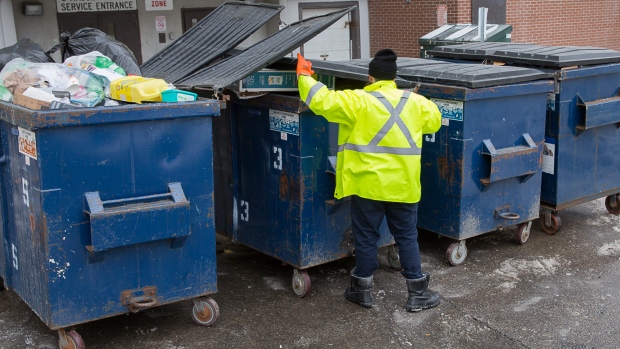

Kathleen Harris is a senior writer in the CBC’s Parliament Hill bureau. She covers politics, immigration, justice and corrections. Follow her on Twitter @ottawareporter
The federal agency in charge of collecting, analyzing and securely storing personal data about Canadians lost hundreds of sensitive files during the 2016 census process.
Incident reports obtained by CBC News through Access to Information detail 20 cases of information and privacy breaches by Statistics Canada, including long and short census surveys, home visit logs and personal employment records.
Some confidential documents were left on a subway or sent to the wrong home. Hundreds more were lost in a stolen car.
In that latter case, 587 long-form census forms filled out by First Nations residents were stored in the trunk of an employee’s vehicle that was stolen when he took a weekend trip to Montreal. The incident report does not specify the enumeration district.
The theft was reported to police and municipal officials, but despite frantic searches to recover the documents in recycling and garbage bins, they were never found.
According to the incident report, police believe the stolen vehicle was quickly chopped up for parts and suggest the documents could have been destroyed.
Statistics Canada concluded the privacy breach was not a “material” one because the thief was targeting the vehicle, not the boxes of census documents. The Privacy Commissioner of Canada was not informed of the incident.
While the documents show there was no immediate effort to reach out to those individuals whose privacy was breached, a spokesman for the agency said they were told what happened during a second census.
“The incident was discussed with community leaders, who supported the re-enumeration of their community. During the re-enumeration, the canvassers informed respondents of the incident,” said Guillaume Bérubé in an email. “The re-enumeration was successful and the data from the new questionnaires were incorporated into the census results.”
Other reports detail privacy breaches on two Alberta First Nations reserves (Enoch and Stoney), when forms went missing or were sent to the wrong addresses. In the Stoney incident, Statistics Canada failed to account for 11 long-form questionnaires.
“There is confidential respondent information on these census forms, and it could be viewed by persons not employed by Statistics Canada and used for malicious purposes,” the Statistics Canada incident report warns.










